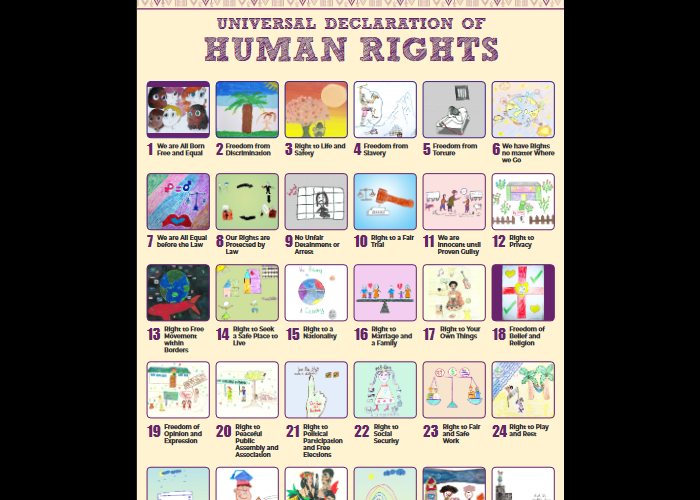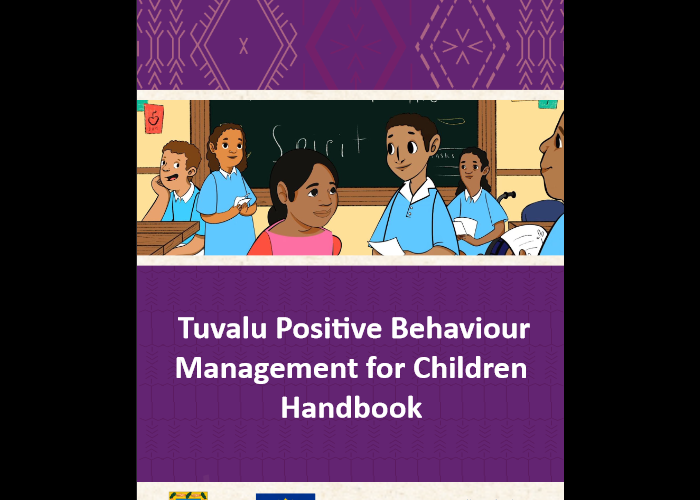Progressing Gender Equality in the Pacific (PGEP), Phase 2
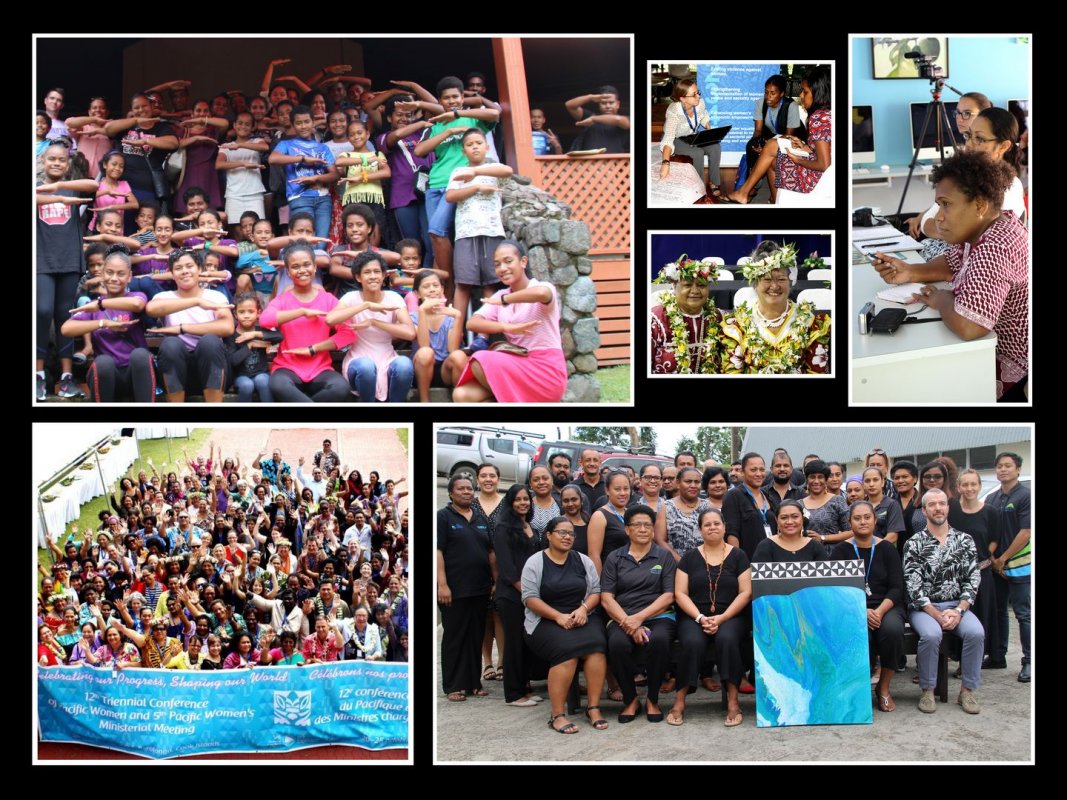
The Progressing Gender Equality in the Pacific (PGEP) II project is a five-year project designed to support member countries achieve goals articulated in the Pacific Leaders’ Gender Equality Declaration (PLGED) 2012 and the Pacific Platform for Action for Gender Equality and Women’s Human Rights (PPA) 2017 and its forbear, the Beijing Declaration and Platform for Action through gender mainstreaming approaches and tools.
Regional Working Group Implementation of Domestic Violence Legislation
Fiji, Cook Islands, Kiribati, Tuvalu, Federated States of Micronesia (Kosrae & Pohnpei), Solomon Islands, Marshall Islands, Vanuatu and Tonga
Pacific Women Triennial – Flashback
Blurb: SPC hosted the first triennial conference of Pacific women more than 40 years ago with the purpose to create a space where Pacific women could meet, share their experiences and identify measures for the advancement of women.
New project to enhance cultural and creative industries in the Pacific
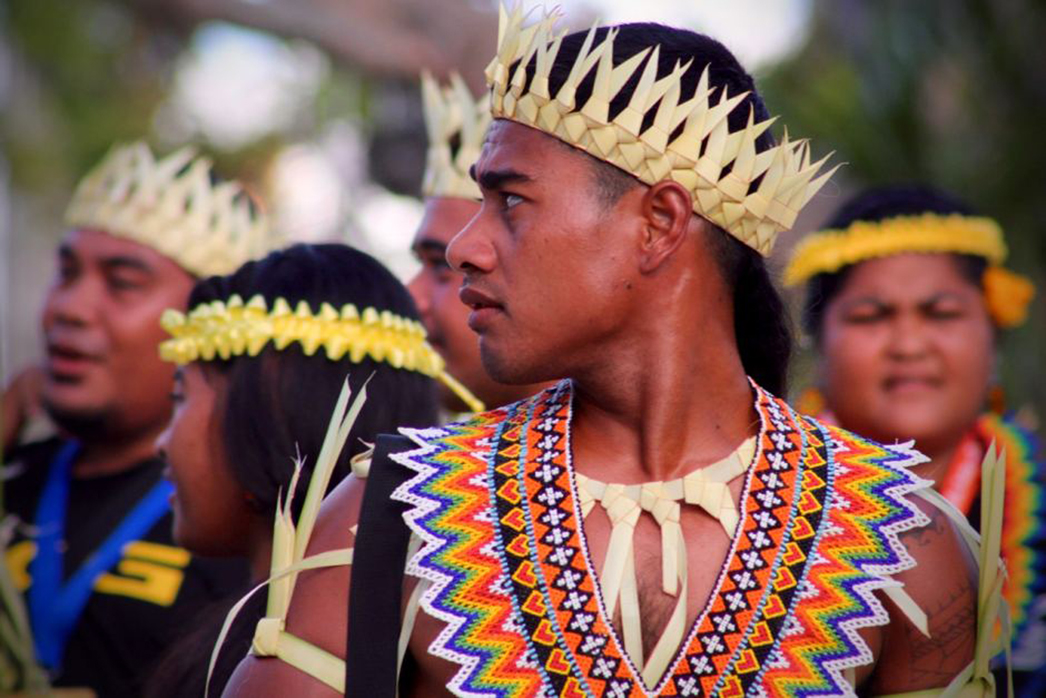
A new project aimed at increasing capacity and sustainability of cultural and creative industry initiatives in national economies has been recently launched by the African Caribbean Pacific (ACP) – European Union Programme.
The Project titled “Enhancing capacity for the sustainability of Cultural and Creative Industries in the Pacific”(Pacific CCI) is a 3-year project providing financial support, technical advice, mentoring and capacity building support to artists and cultural producers from the Cook Islands, Fiji, Kiribati, Republic of Marshall Islands, Federated States of Micronesia, Nauru, Niue, Palau, Papua New Guinea, Samoa, Solomon Islands, Timor Leste, Tonga, Tuvalu and Vanuatu.
The project is implemented by the Pacific Community (SPC) in partnership with the Queensland University of Technology (QUT) with financial contribution of the EU and support of the Secretariat of the Organisation of African, Caribbean and Pacific States.
As part of the first phase of the project, an open call for expressions of interest (EOI) was made on June 12 for creatives, artists, cultural producers, local businesses, national culture and art agencies and institutions from the ACP-Pacific region.
According to Dr Frances Vaka’uta, Team Leader Culture for Development from SPC’s Human Rights and Social Development (HRSD) Division, the Pacific CCI project seeks to increase the contribution and recognition of the culture and creative sector to economic revenue and commercial engagement in the region through a grant scheme.
“This project recognises that Pacific arts and culture are unique and can make a significant contribution to national economies while developing sustainably to safeguard cultural practices and traditions for future generations and supporting creative innovation” Frances Vaka’uta said.
“So far we have received more than 400 submissions following Phase 1 of the EOI process (which closed on 11 July) from 15 targeted countries including Timor Leste,” she noted.
Frances Vaka’uta also explained that the first set of grantees will be selected specifically based on the grant scheme priorities such as the creation of high-quality goods and services; improved access to national, regional and international markets; increased visual literacy education and improved access to sustainable financing and reduction in dependency on international financing arrangements.
She added that shortlisted applicants from the EOI process will be taken through information sharing sessions and a grant writing workshop before they submit their formal proposals for the grant scheme.
Associate Professor Verena Thomas, Team Leader of the collaborating team from Queensland University of Technology said that:
"This project is an opportunity to recognise the creative and cultural industries as key drivers for sustainable economies across the Pacific, to create stronger networks and to communicate the creative and cultural knowledge of the Pacific to the world. We are excited about working closely with artists, creative enterprises and institutions to explore our connections, share our experiences and learn from each other."
For more information on the Project, please visit here.
Media Contact:
Kalpana Nizarat, Communications and Visibility Officer, SPC HRSD | E: [email protected]
News Category
Joint Release
Division
14th Triennial Conference discusses home-grown initiatives to counter gender based violence
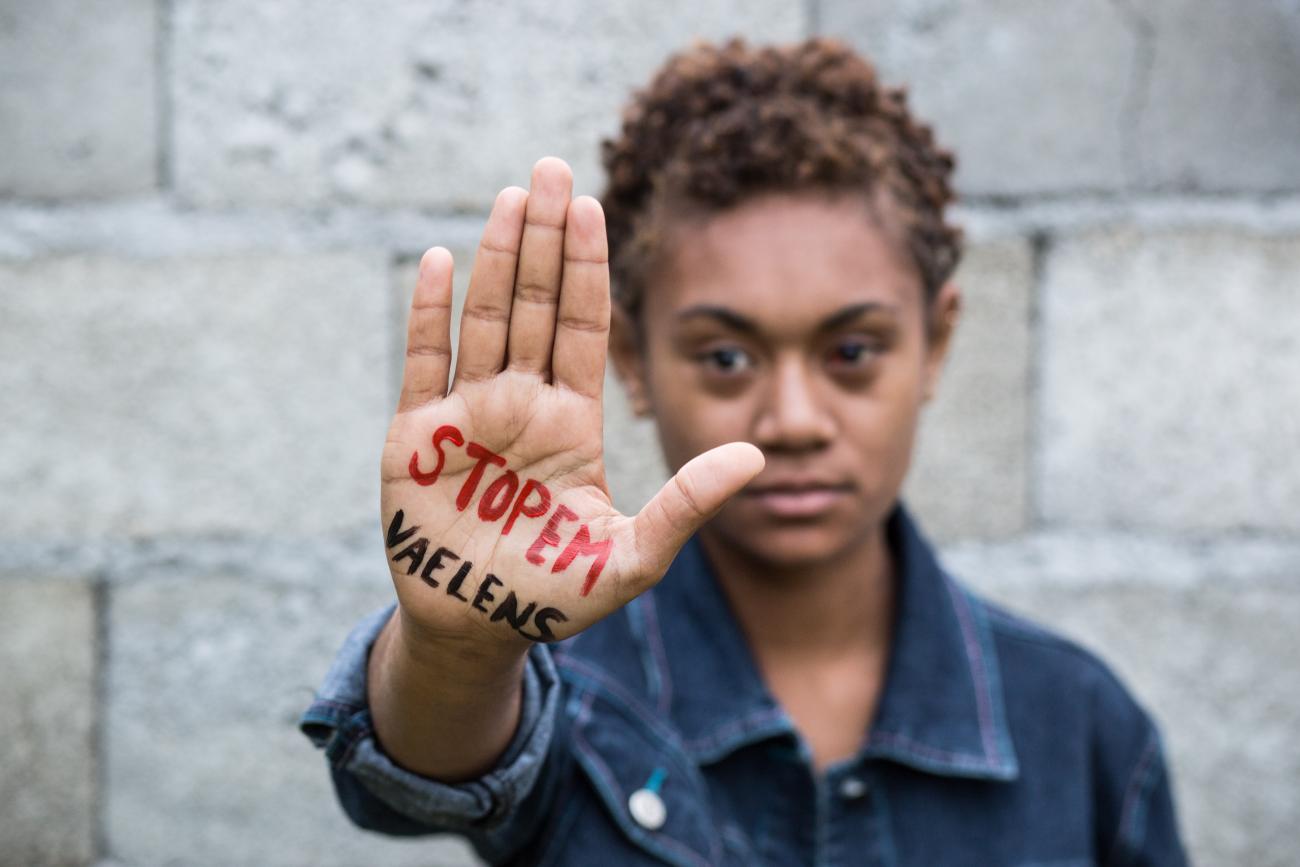
The plenary session for Day two of the 14th Triennial Conference of Pacific Women heard discussions focussing on interesting solution-based and home-grown initiatives to address gender-based violence (GBV).
According to one of the panellists at the GBV plenary, Vaela Ngai, Director for the Solomon Islands Women’s Development Division at the Ministry of Women, Youth, Children and Family Affairs, an example of a homegrown initiative currently being implemented by Solomon Islands is the SafeNet referral network.
“The (SafeNet) is a network of government ministries and agencies CSOs, and NGOs that over the past two years have progressively worked to ensure the availability and accessibility of quality and essential services ranging from safe accommodation, legal advice, medical services, protection, and counselling through our referral pathway, including standard operating procedures,” Ngai said.
The members of the SafeNet include health, police, Family Support Centre, Christian Care Centre, Planned Parenthood Association, the Public Solicitors Office and the Ministry of Women, Youth, Children and Family Affairs.
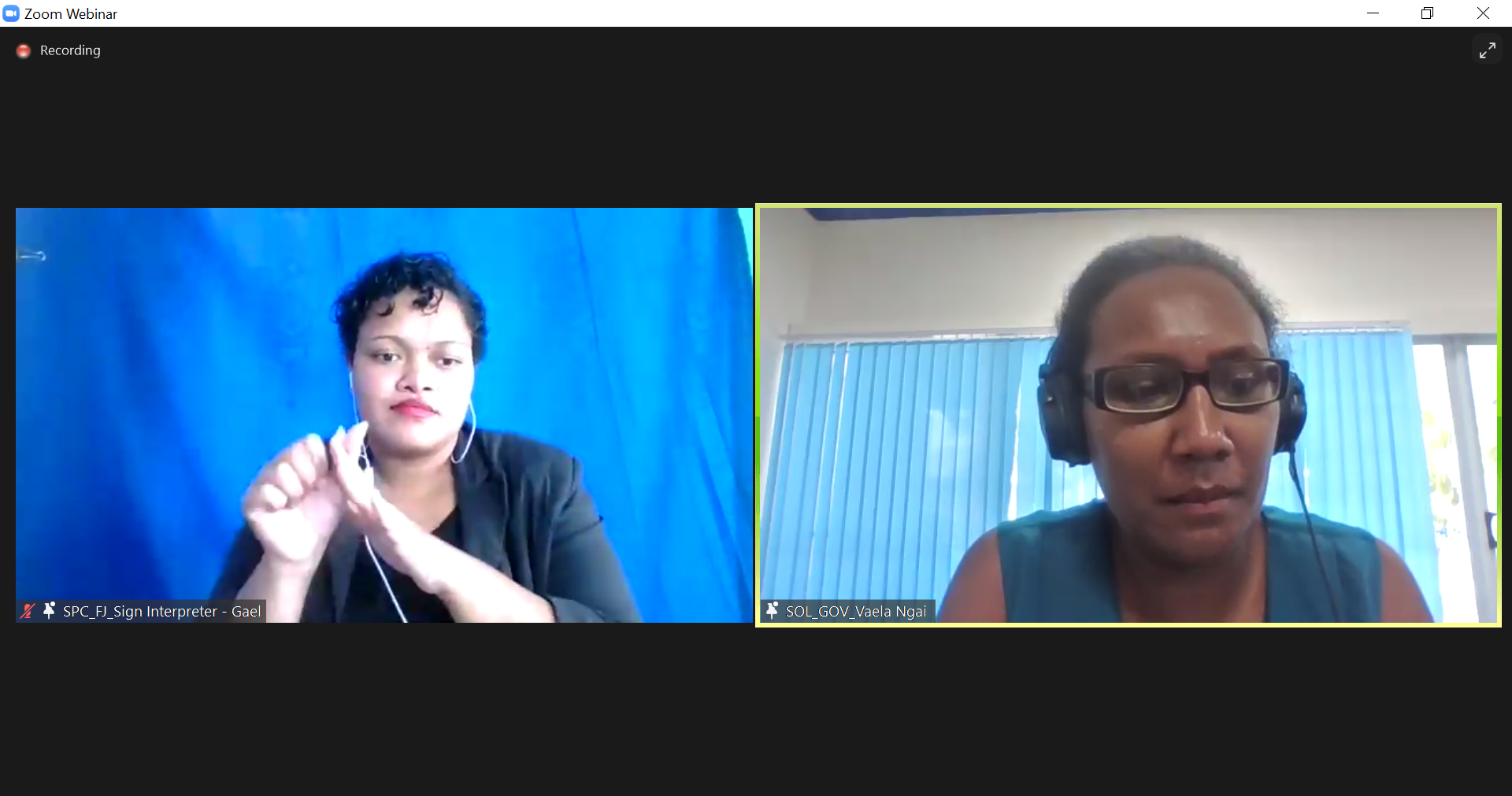
Ngai added, “the SafeNet for years had been mainly established at the national level around the capital Honiara, until more recently. At the beginning of 2018, we began the process of rolling this out to our nine provinces. We have successfully rolled out SafeNet to four of the nine provinces and will continue to roll it out to the remaining 5 provinces this year.”
The SafeNet initiative continuously evolved and was tailor made to fit the context of the four provinces where it has been implemented to ensure it works regardless of whether it is at the national or provincial level.
“For example, there was the need to expand the provincial segment members to include community groups, and leaders, including chiefs, as entry points into the referral system for victims and survivors of GBV,” Ngai stated.
“This was to provide that link between victims and survivors from rural and remote areas to the gender-based violence services in the referral system.”
Ngai said COVID-19 demanded that the SafeNet initiative be adapted to the pandemic context by incorporating different health measures, creating and distributing information showing available services during the lockdown situations which included a safe net Facebook page.
She further highlighted that “for other Pacific Island Countries and Territories that want to learn about SafeNet, there is guidebook that can be found on the UN Women Asia Pacific website. This past year we have also welcomed and accommodated SafeNet study tours to Solomon Islands by Kiribati and Federated States of Micronesia.”
The second home-grown initiative to counteract GBV by Solomon Islands government is the domestic violence counselling guideline that was developed as a requirement under the Family Protection Act, 2014.
“The overall aim of this initiative is to provide protection for the public, and particularly GBV victims and survivors by establishing a registry of domestic violence counsellors in all 10 provinces of some islands including in Honiara,” Ngai shared with the participants.
Another panellist from Kiribati, Teretia Tokam shared learnings from Kiribati’s Primary Prevention Programme which aims at reducing, preventing and eliminating gender-based violence before it happens.
Tokam said one of the strong prevention programmes that is evidence based and is ideal in responding to GBV in Kiribati is the Pacific Partnership to End Violence Against Women and Girls programme.
“As part of this programme, the Kiribati government together with the Pacific Community’s (SPC) Human Rights and Social Development (HRSD) Division are implementing the Social Citizenship Education programme which works with in-service teachers, schools, school leaders and also students through their interpretation of human rights and gender equality,” Tokam highlighted.
Moderator for the GBV plenary Ofa-Ki-Levuka Guttenbeil Likiliki, Executive Director of the Tonga Women’s and Children’s Crisis Centre highlighted that with the Covid-19 pandemic, many Pacific governments have understandably redirected funding and resources towards efforts in preventing the outbreak, however, the result is that it leaves less room for essential services required by domestic violence survivors exacerbated during the Covid-19 restrictions.
“We are making progress with integrated services, providing effective prevention and response to gender based violence, developing the knowledge and capacity of health, education, law enforcement and social service providers to be able to provide a full range of integrated support, trained and skilled staff, however we still have a long way to go,” she said.
Guttenbeil Likiliki stated that a milestone achievement for the region was that all but one Pacific Island Country have ratified the UN Convention on the Elimination of All Forms of Discrimination Against Women (CEDAW) and most Pacific Island Countries and Territories have domestic violence legislations.
The 14th Triennial Conference and 7th Meeting of Pacific Ministers for Women from 27 – 29 April and 4 May respectively, is coordinated by the Pacific Community’s Human Rights and Social Development (HRSD) division and hosted by the Government of French Polynesia.
It involves a series of meetings and consultations aimed at sustaining the momentum towards gender equality in the Pacific. It includes national multi-stakeholder consultations and one virtual, regional consultation with government line ministries, feminist and women’s rights organisations, faith leaders, media, private sector, and young women. Together, Pacific governments will agree on achievable targets and develop an action plan to progress gender equality in the region.
For more information, discussions and news from the Conference, please visit: https://www.spc.int/pacificwomentriennial
Division
Human Rights and Social Development (HRSD) Division
International Women’s Day, 2021 - Choose to Challenge
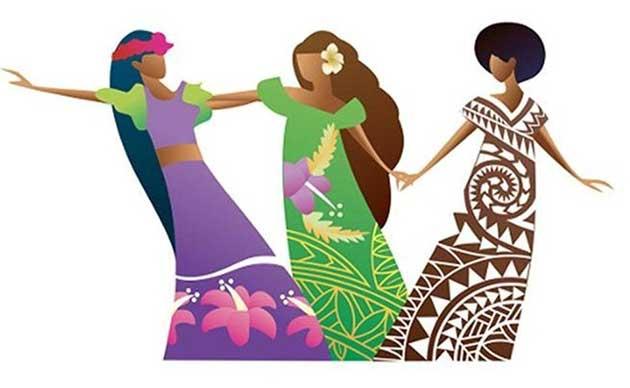
International Women’s Day (IWD) is globally commemorated every year on March 8. This day has been dedicated to celebrating the social, cultural, economic, and political achievements of women. It is a day of reflection and to highlight critical women’s rights issues and priorities. This day marks a call to action for accelerating women’s rights and equality.
The Pacific Community (SPC) through its Human Rights and Social Development (HRSD) division (former RRRT & SDP) has been commemorating this day for more than a decade. IWD activities within SPC has mostly been about increasing awareness on gender inequality and women’s rights issues, and just recently we have seen an increase in commemorating this day by other SPC divisions. For example- as part of the IWD activities, SPC will launch the Pacific Handbook for Gender Equity and Social Inclusion in Coastal Fisheries and Aquaculture. A joint initiative of the SPC Fisheries Aquaculture Marine and Ecosystem (FAME),HRSD and the Pacific-European Union Marine Partnership (PEUMP) programme. Other divisions such as LRD, GEM, CCES. EQAP and PHD have organised a few communication and awareness activities for IWD this year as well.
While we recognise the importance of continuing our internal SPC awareness work, our experiences have reinforced and reaffirmed the need for coherent and collaborative approaches for effective awareness strategies.
Over the years, SPC held events often highlighting the role and achievements of Pacific women and have used this opportunity to highlight SPC’s ongoing work in gender equality and social inclusion (GESI). This year HRSD has organised a “walk with her” activity. It is hoped that through these activities SPC can socialise Gender Equality and Social Inclusion (GESI) issues and have more open and frank conversations on how the region can progress gender equality and choose to challenge inequalities that exists for Pacific women and girls. While IWD is a day where we celebrate the achievements and progresses made - it is also a call to action. A call to action for everyone to push for the elimination of violence against women, to push for gender equality and protection of all women and girls. Let’s all #choosetochallenge inequalities that exists for Pacific women and girls in all their diversities.
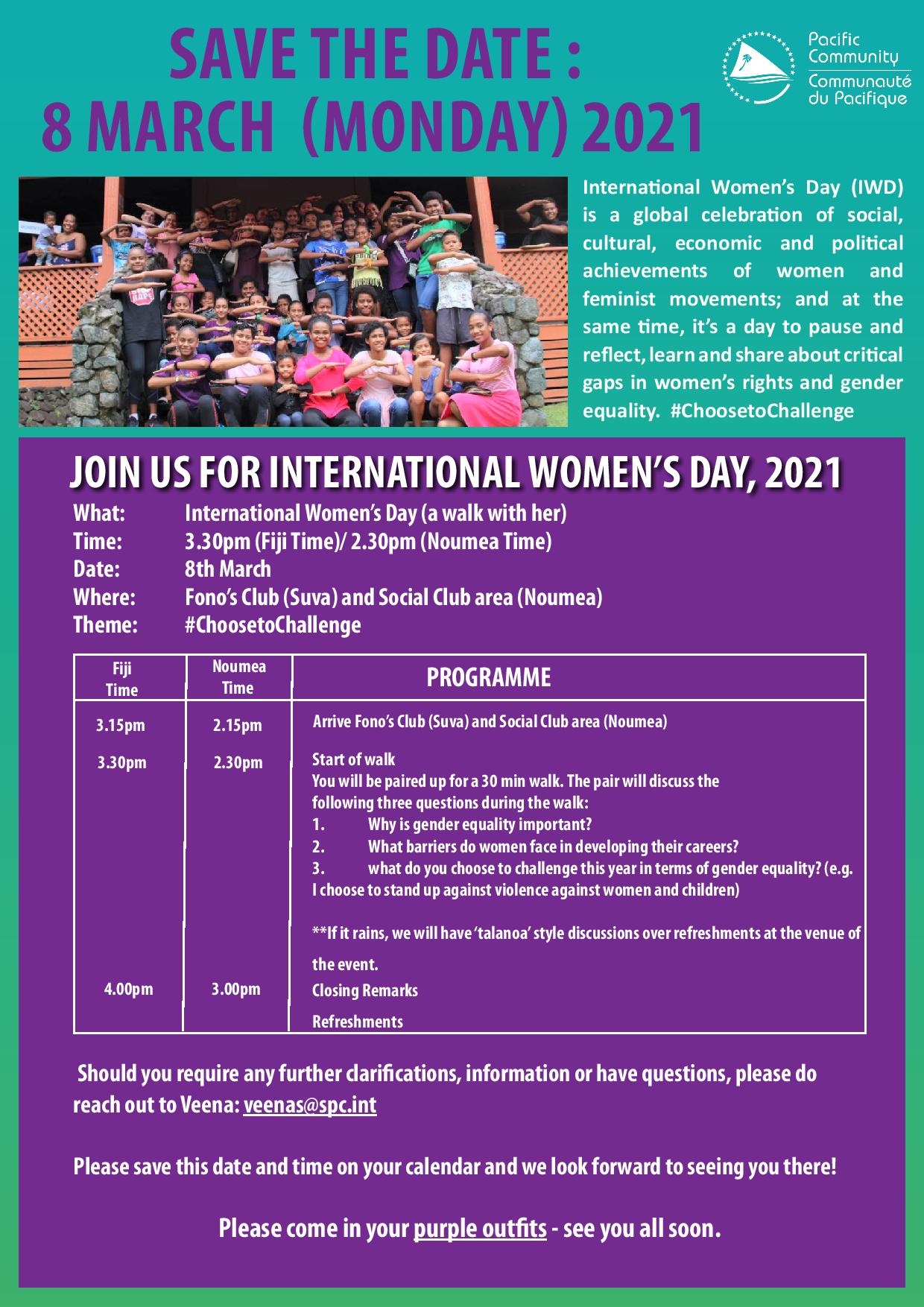
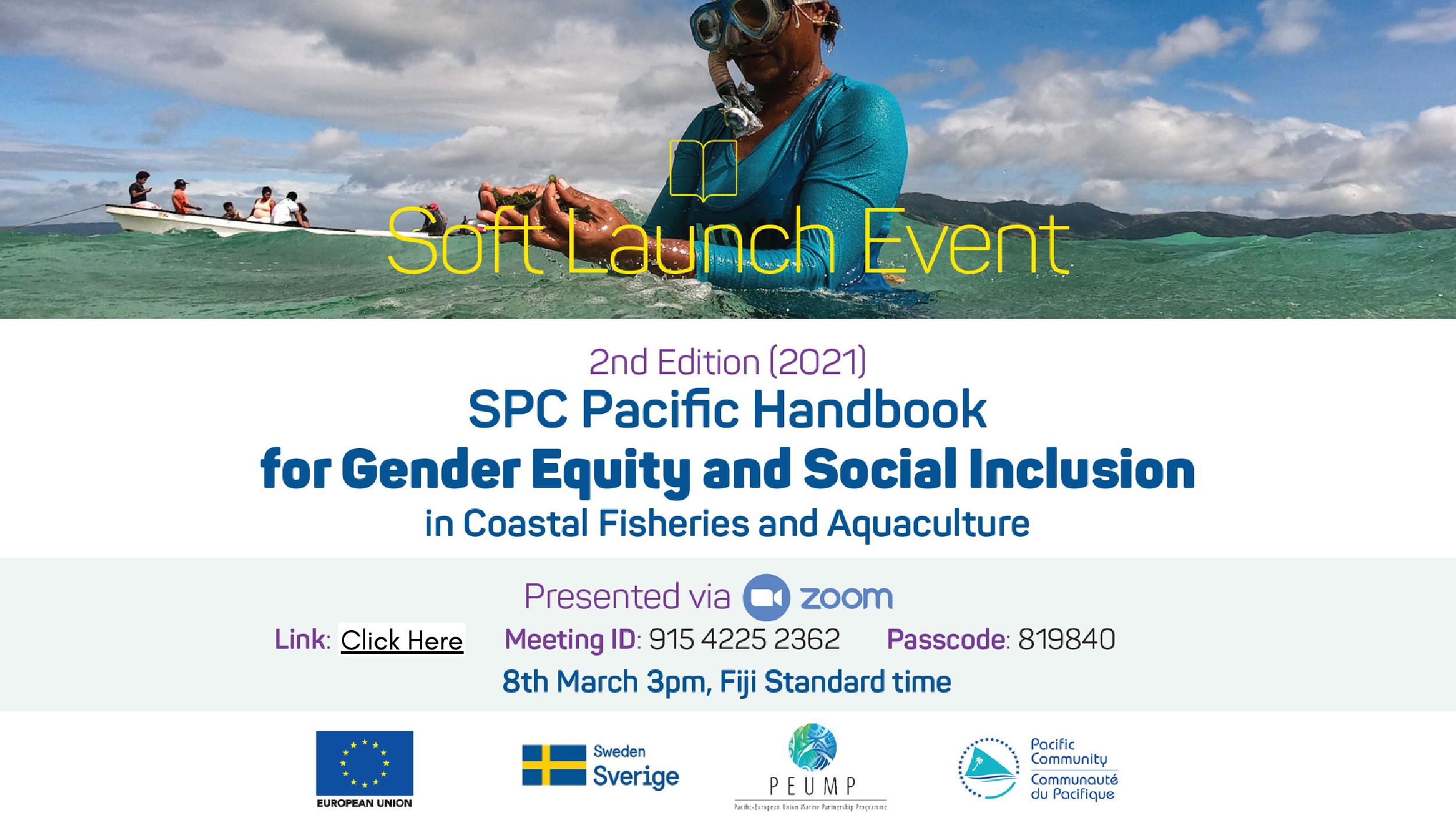
Read and listen to the inspiring stories below highlighting women who are choosing to challenge the gender imbalances in the region by leading some the Pacifics most dynamic sectors:
Division
Corporate
Human Rights and Social Development (HRSD) Division




